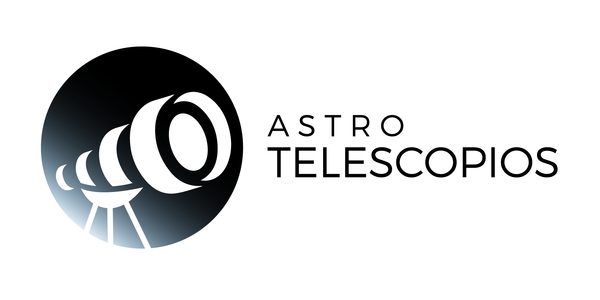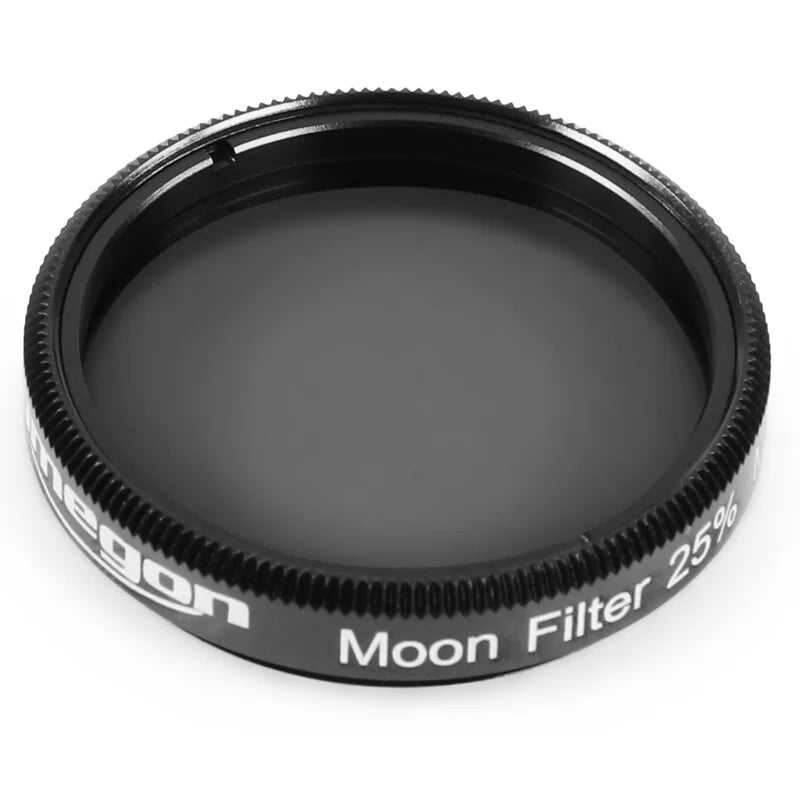The Polaris telescopes from Meade offer small and medium optics with numerous accessories in a equatorial mount at a very good price.
In mounts of this type one of the axes is aligned with the North Star (Polaris). Thus, the telescope only needs to trace a continuous rotation in one of the axes to compensate for the Earth's rotation. In addition to being convenient, this makes it easier to navigate the sky with the help of a celestial chart.
Tracking is carried out manually through an accessible wheel that is attached to a flexible shaft . In any case, a motor available separately can be attached.
And to provide them with better stability, all Polaris telescopes are supplied with a steel tube tripod .
The optic N 127/1000 It is a mirror telescope of the style designed by Isaac Newton (1643-1727). The mirror captures more than 300 times more light than the human eye and focuses on a point at the front end of the tube. A small secondary mirror bends the light to the side, away from the tube. That is precisely where the eyepiece is attached to observe celestial objects with complete comfort.
This telescope exploits its full potential with objects such as Moon or the planets : unlike what happens with telescopes with lenses of a similar price, these stars are seen no chromatic aberration and, therefore, without those annoying colored stripes on the contour.
Wander across the lunar surface, explore Jupiter with its banded atmosphere and massive moons, or enjoy a majestic view of Saturn's rings. The focal length of 1000 mm allows magnifications to be applied, which are never a bad thing.
With an aperture of 127 mm, you can also observe the brightest objects outside our Solar System, such as the Orion and Andromeda nebulae or the large globular cluster of Hercules, among others.
The EQ-1 mount: This mount equatorial already offers the possibility of adjust exactly optical systems Polar Star . You can adjust the polar distance resp. latitude for each observation location. Through the fine movement of the axes of right ascension and declination it is possible adjust and follow sensitively objects, a counterweight guarantees the correct balance of the optical system.
Specifications
Optical system
|
| Guy
|
Reflector |
| Type of construction
|
Newton
|
| Opening (mm)
|
127 |
| Focal length (mm)
|
1000 |
| Aperture ratio (f/)
|
7.9 |
| Resolution capacity
|
0.91 |
| limit value (mag)
|
12.3 |
| Light collecting capacity
|
330 |
| Maximum useful magnification
|
254 |
| Tube construction |
complete tube |
Telescopic eyepiece tube
|
| Type of construction
|
toothed bar |
| Connection (eyepiece side)
|
1.25" |
| Reduction |
none |
Mount
|
| Frame type
|
equatorial
|
| GoTo
|
No |
Tripod
|
| Material |
Steel |
| Guy |
Tripod |
| Accessory plate |
Yeah |
Accessories included
|
| Viewing telescope
|
Luminous dot sight
|
| Software |
AutostarSuite |
| Counterweights (kg) |
1 |
| 1.25" eyepieces
|
25mm, 9mm, 6.3mm |
| Several |
flexible shaft |
In general
|
| Total weight (kg) |
14 |
| Series |
Polaris
|
Applications
|
| Moon and planets |
Yeah |
| Nebulae and galaxies |
Yeah |
| Nature observation |
No |
| Astrophotography |
No |
| Sun
|
no (only with appropriate sunscreen) |
Recommended for
|
| Beginners
|
Yeah |
| Advanced
|
No |
| Observatories
|
No |










